The day has finally arrived — Samsung has unveiled the Galaxy S9 and S9+. Apart from minor upgrades, the two might not appear to be much different from last year's S8 and S8+, but that's not necessarily a bad thing. One feature that hasn't changed is the Galaxy's IP68 water-resistance rating. That's a great score, but it begs the question — what does that number really mean?
First of all, if you don't know what the IEC 60529 is, don't worry — it's a standard put out by the National Electrical Manufacturers Association, which is basically a test with set rules and regulations. A device is then assigned an IP rating for resistance to dust and water in accordance to its performance on the test. To quote the standard itself:
This standard describes a system for classifying the degrees of protection provided by enclosures of electrical equipment for two conditions: 1) the protection of persons against access to hazardous parts and protection of equipment against the ingress of solid foreign objects and 2) the ingress of water. The degree of protection against these two conditions is designated by an IP Code.
While "IP Code" really stands for "International Protection Marking," most nowadays refer to it as "Ingress Protection." All that really means is how well protected a device is against dust and water.
Speaking of dust and water, those elements are not weighed together into one grade. In fact, the number assigned to a device — the one that appears after the "IP" prefix — are two individual ratings. The first number denotes how "dust-proof" the device is, or how well the device protects against dust and solid particles, while the second reflects its "waterproofing," or how well the device keeps water from entering and damaging the sensitive electronic parts inside.
Samsung's latest Galaxy devices both earned themselves a rating of IP68 in the IEC 60529 tests. While a very high score — higher than the 2017 line of iPhones' IP67 — these phones are not waterproof, just water resistant.
- IP: The abbreviation of "Ingress Protection," the rating system for a device's dust- and water-resistance.
- 6: An IP rating's first number represents a device's dust protection rating. A "6," although smaller than the S9's second IP number, actually means the device is completely dustproof. Good on you, Samsung!
- 8: Water resistance is denoted by the second number of the rating. An "8" shows that the S9 devices can be fully submerged in water as deep as 1.5 meters for up to 30 minutes. For reference, the iPhone X, which scored a "7," can be submerged for 30 minutes at 1 meter deep.
So, what does this mean for you? If you accidentally drop your new phone in your toilet, get caught in the rain, or spill a tasty beverage on it, you shouldn't panic. However, you shouldn't push your luck — going swimming with an IP68-certified device isn't foolproof, and the chemicals you find in a swimming pool or the saltwater of the ocean might not mix well with your S9. Our advice? Be careful.
You see, while the IP Rating claims a certain level of protection against water and dust, it doesn't take in account chemicals or particles that you might find dissolved in water. Saltwater and chlorine can hurt the finish of your S9, and even damage the rubber protection that gives your phone its IP68 rating. While it's certainly tempting, we'd recommend you not plunge underwater with your phone in-hand. It might be fine, but if it's not, you could be on your own.
It all comes down to your warranty coverage. Samsung includes a limited warranty that covers manufacturer defects for one year, battery issues for six months, among other things. However, soak your S9 to the point of damage? You've voided your warranty.
That changes if you opt-in to Samsung Premium Care, a monthly-subscription coverage that extends the boundaries of your warranty by leaps and bounds. If you take your S9 for a swim, the device will be completely covered, even if the components inside fry before you dry. You get up to three cases of accidental damage per 12 month period, though, so the fourth time you lose your Galaxy at the bottom of the pool, it's like you never had coverage to begin with.
In short, what you've heard about the S9 is mostly true — the phone stands up well against the elements. But don't just take our word for it, check out what product reviewers are saying about the phone's durability on Amazon. What are your thoughts on Samsung's latest flagship? Let us know in the comment section below.
- Follow Gadget Hacks on Facebook, Twitter, Google+, YouTube, and Instagram
- Follow WonderHowTo on Facebook, Twitter, Pinterest, and Google+
Cover image by Dallas Thomas/Gadget Hacks





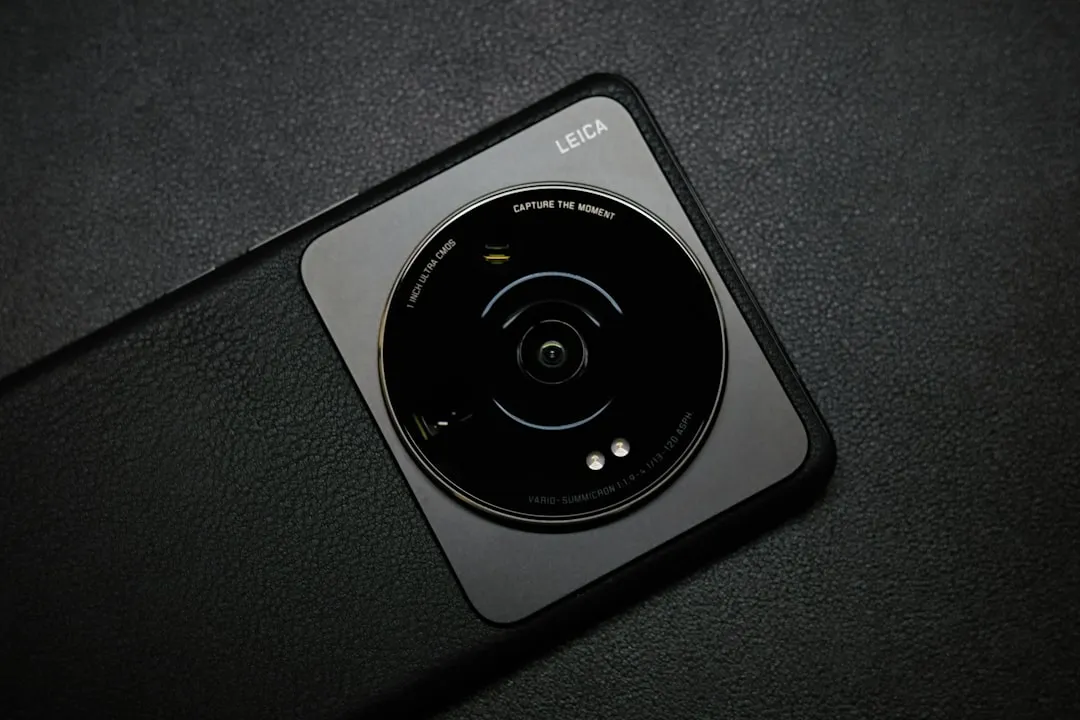
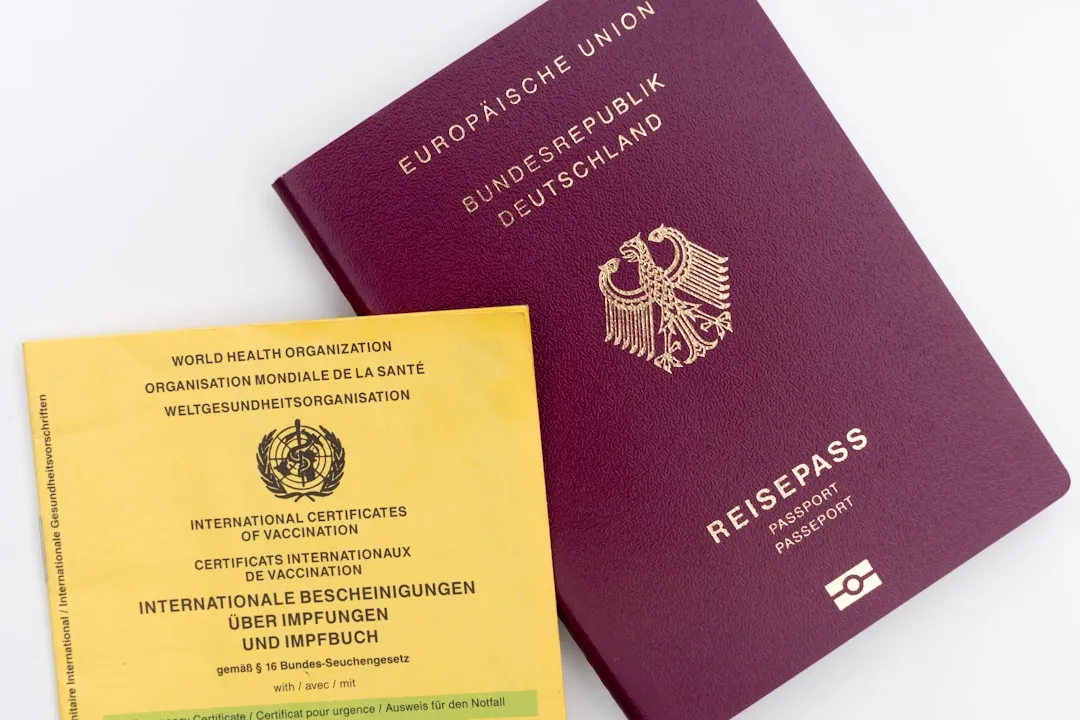

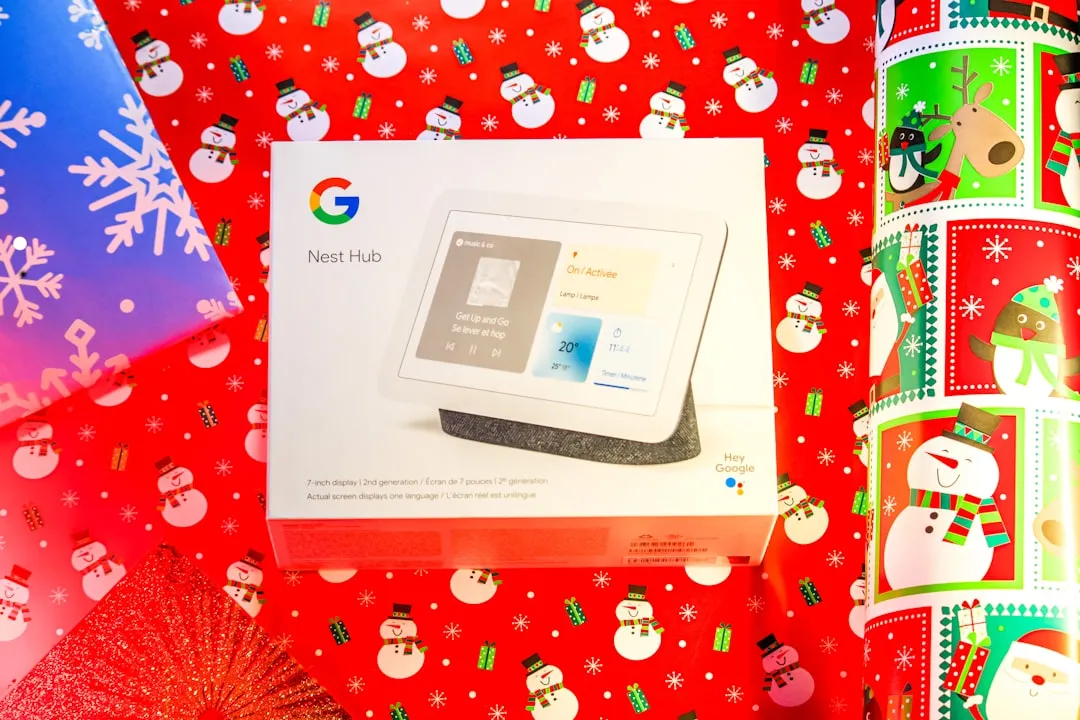
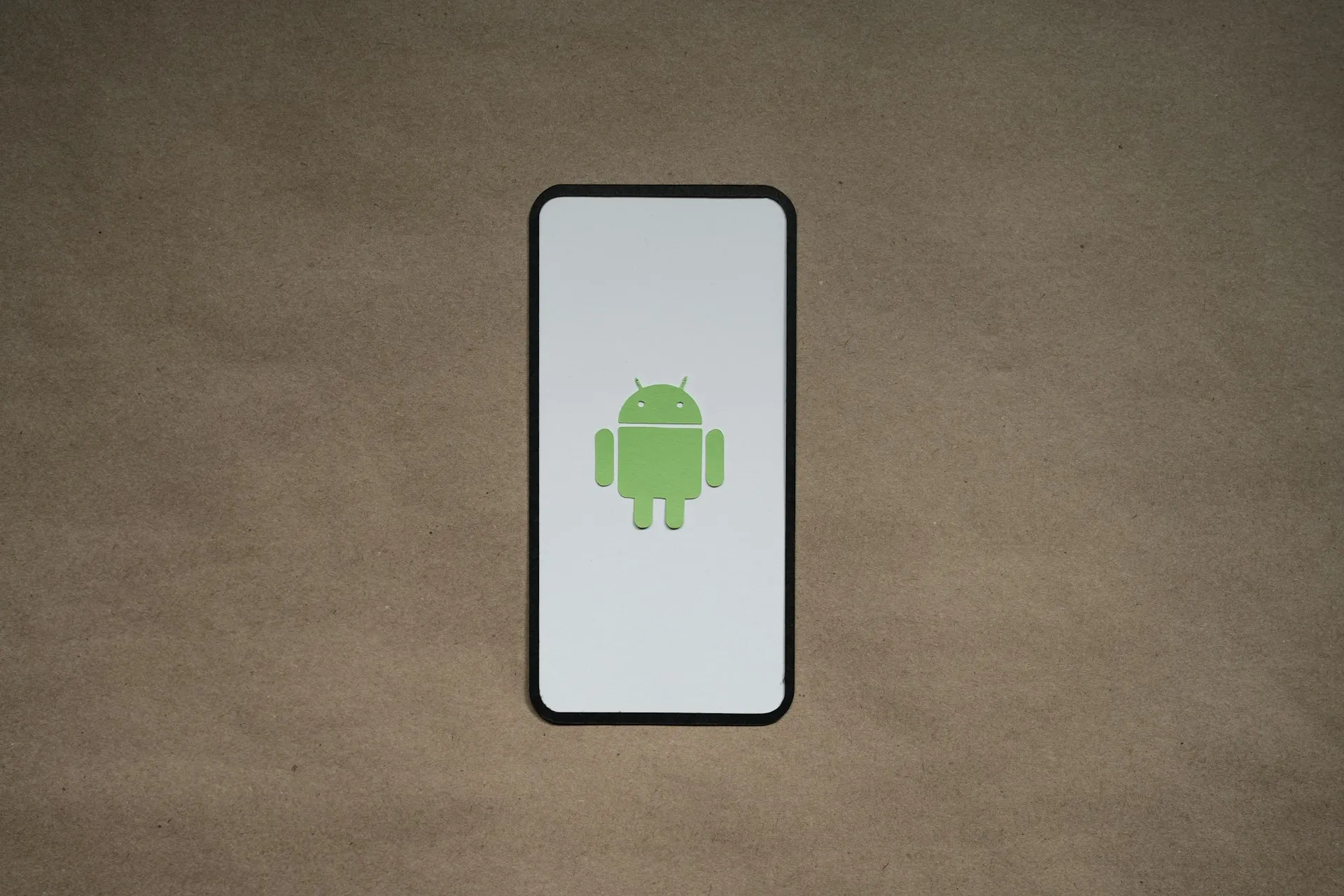

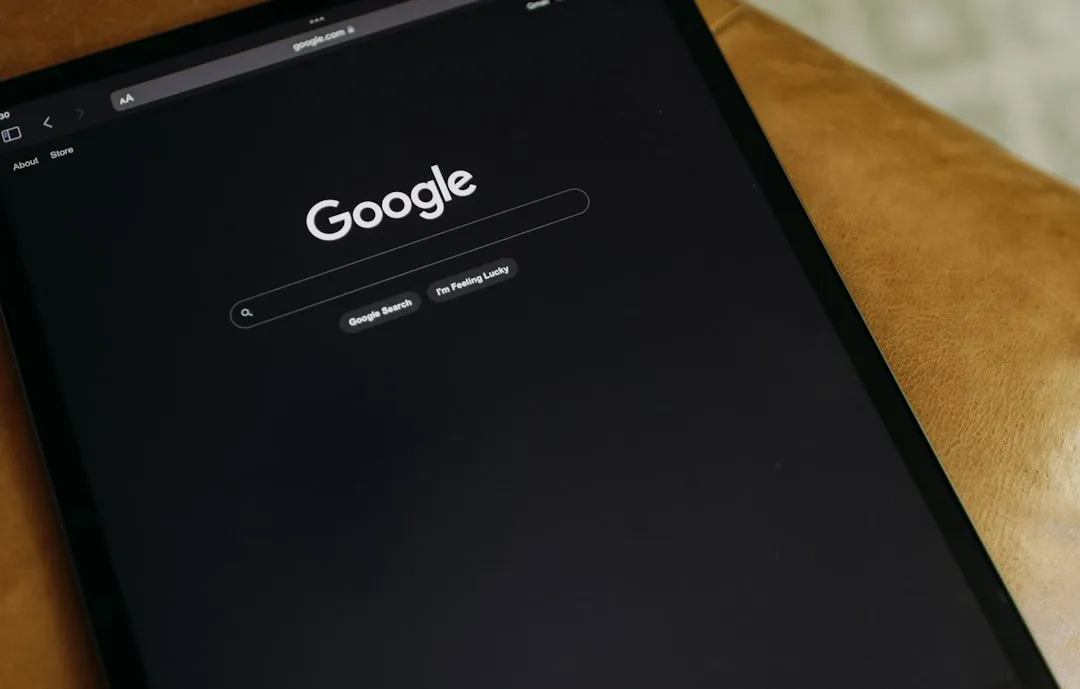











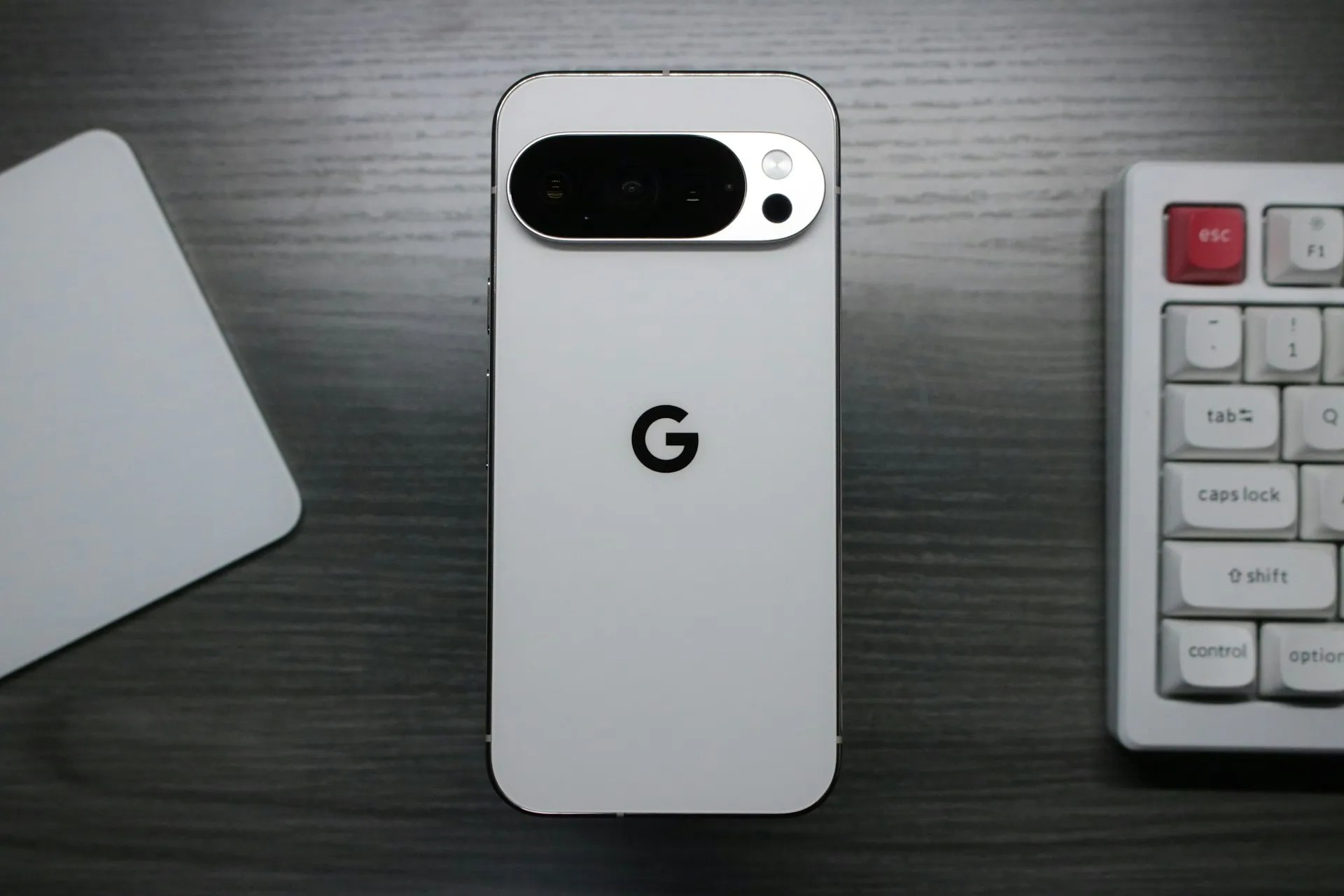
Comments
Be the first, drop a comment!